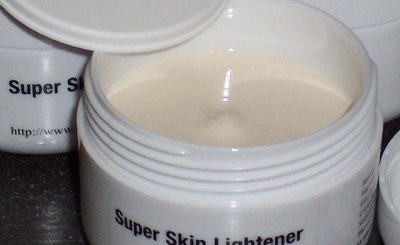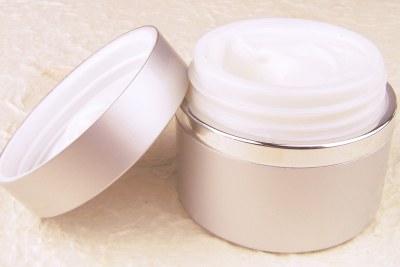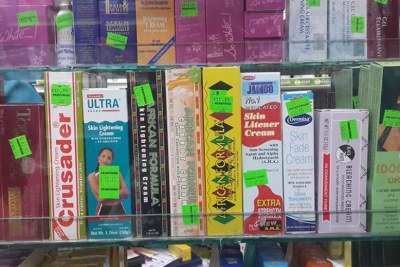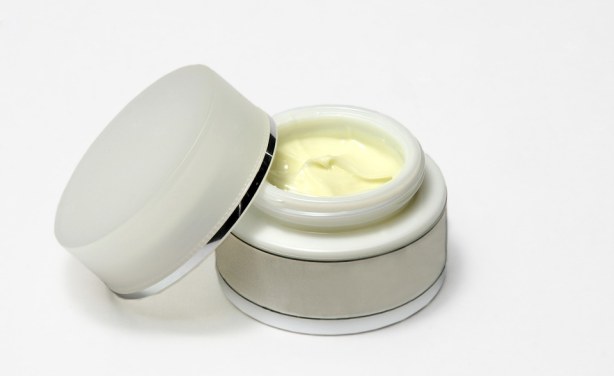-
Somalia: Activist Puts Spotlight On Potential Dangers of Skin-Whitening Products
VOA, 9 April 2023
Qamar Ali Haji has been using skin-lightening products for four years. Initially she liked the change in her appearance but now the exposure to the chemicals in the products is… Read more »
-
Africa: UN-Backed Project Aims to Eliminate Mercury From Skin Lightening Products
UN News, 14 February 2023
The Governments of Gabon, Jamaica and Sri Lanka have united in a $14 million project to eliminate the use of mercury in skin lightening products - a serious public health issue,… Read more »
-
South Africa: Skin Lighteners - Fashion and Family Still Driving Uptake in South Africa
The Conversation Africa, 25 November 2021
Skin lightening products have been popular for more than 40 years among sub-Saharan African populations. But over the past decade, there appears to be an increase in use. The… Read more »
-
Cameroon: Cameroon's Health Minister Says He Was Threatened After Banning Skin Whitening Products
RFI, 20 August 2022
Cameroon's Minister of Public Health said in an interview this week with a local television channel that he had received threats after banning skin bleaching products. Read more »
-
Ghana: The White Gaze - Ghana's Troubling Skin Bleaching Habit
RFI, 12 December 2021
In Ghana, skin whitening or lightening is as widespread as it is in parts of Africa due to unfettered access to various brands of bleaching creams, often blamed on the continent's… Read more »
UN Aims to Eliminate Mercury From Skin Lightening Products
The UN Environment Programme (UNEP) has announced that the governments of Gabon, Jamaica, and Sri Lanka have joined forces to fight back against damaging beauty practices, launching a joint U.S.$14-million project to eliminate the use of mercury in skin-lightening products. Mercury poses significant risks to human health and the environment.
UNEP will lead the three-year project, with funding from the Global Environment Facility (GEF), and executed by the World Health Organization (WHO) and Biodiversity Research Institute (BRI). The Eliminating mercury skin lightening products project will work to reduce the risk of exposure to mercury-added skin lightening products, raising awareness of the health risks associated with their use, developing model regulations to reduce their circulation, and halting production, trade, and distribution across domestic and international markets.
UNEP added that skin-lightening products don't just pose a risk to the user - children can be exposed through breastmilk, and food chains can become contaminated when cosmetics are washed off into wastewater. In addition, the compound can travel far from its point of dispersal, accumulating in the earth, water, and soil without breaking down in the environment.
InFocus
-
"Black Lives Matter activism has jolted the skin lightener industry. In June, manufacturers of skin lighteners joined other corporations in voicing support for the racial ... Read more »
-
A resolution passed by the East African Legislative Assembly calls for the ban on the manufacturing and importation of soaps, cosmetics and beauty ingredients containing ... Read more »






